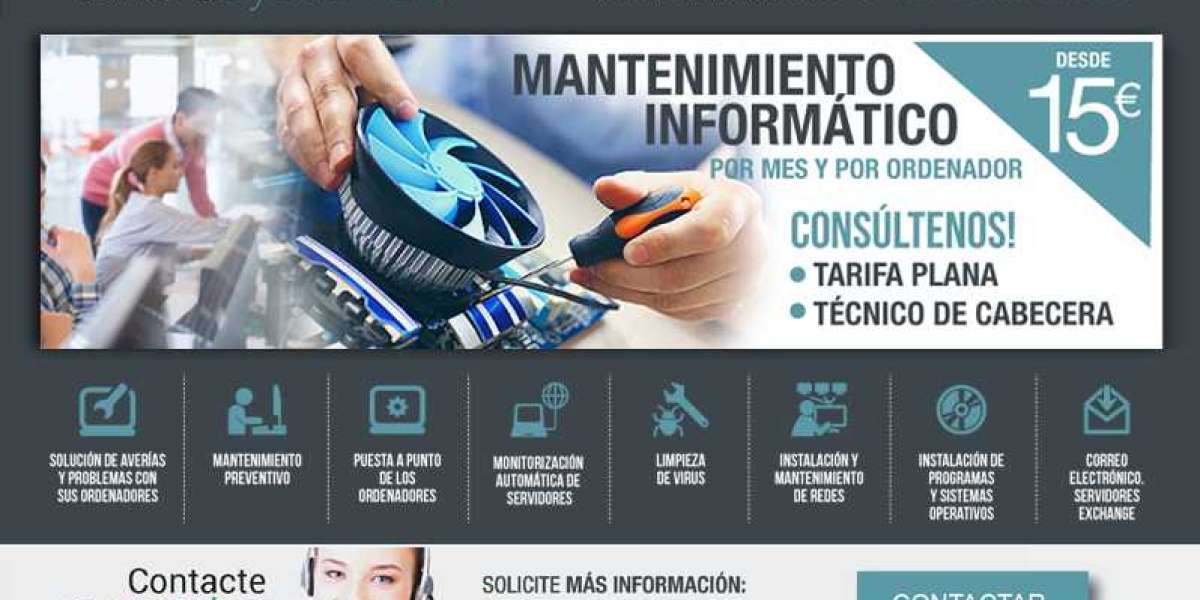Choosing the right supplement manufacturer can make or break your product's success. Whether you’re formulating a vitamin capsule, protein powder, or herbal blend, your manufacturing partner plays a crucial role in quality, compliance, and scalability. Let’s dive into how to evaluate, compare, and select a supplement manufacturing company with confidence.
? What Does a Supplement Manufacturer Actually Do?
A supplement manufacturer is a company that produces dietary supplements based on your specifications. They offer a variety of services, including:
Custom formulation
Ingredient sourcing
Lab testing quality control
Encapsulation / tableting / powder blending
Packaging labeling
Regulatory support (FDA, GMP, NSF certifications)
Some also provide turnkey services, meaning they handle the full process from formulation to fulfillment.
? Types of Supplement Manufacturers
| Type | Description | Best For |
|---|---|---|
| Private Label | Pre-formulated products with your branding | Startups fast launches |
| Contract Manufacturer | Custom formulas based on your specifications | Established brands |
| White Label | Generic products sold under many names | Low-cost, low-differentiation entry |
? How to Evaluate a Supplement Manufacturer
✅ 1. Certifications Compliance
Look for GMP (Good Manufacturing Practice) certification at minimum. Additional certifications like NSF, FDA Registered Facility, Organic, Halal, or Kosher show a deeper level of quality assurance.
✅ 2. Experience Specialization
How long have they been in business?
Do they specialize in your supplement type (e.g., nootropics, protein powders, probiotics)?
Have they worked with similar brands?
✅ 3. Product Testing Capabilities
Ensure they offer:
Raw ingredient verification
Microbial and heavy metal testing
Stability testing
Transparency in testing shows their commitment to safety and efficacy.
✅ 4. Minimum Order Quantities (MOQs)
Some manufacturers require MOQs as low as 500 units, while others only work with larger batches. Choose a partner that aligns with your budget and scale.
✅ 5. Turnaround Time
Ask about lead times for:
Initial sampling
Full production
Reorders
Efficiency matters in competitive markets.
? Frequently Asked Questions (FAQs)
Q1: Can a supplement manufacturer help with product formulation?
A: Yes, many offer in-house RD teams to help you develop custom formulas based on your vision and market trends.
Q2: Do I need to be FDA-approved to launch a supplement?
A: No, but your manufacturer must comply with FDA dietary supplement regulations under 21 CFR Part 111.
Q3: What’s the difference between GMP and FDA registration?
A: GMP ensures the quality system for production. FDA registration means the facility is recognized by the FDA, but the FDA doesn’t approve supplements like it does pharmaceuticals.
Q4: How do I know if the supplements are safe?
A: Reliable manufacturers will share Certificates of Analysis (CoA) for raw materials and finished products. Always request them.
Q5: What packaging options can manufacturers provide?
A: Common options include:
Bottles (PET, glass)
Blister packs
Stick packs
Sachets
Pouches
Custom branded boxes
? Checklist for Selecting Your Supplement Manufacturer
Use this handy checklist before signing a contract:
Are they GMP certified?
Can they handle your desired supplement form (capsule, powder, gummy, liquid)?
Do they assist with custom formulation?
What’s their MOQ and cost per unit?
Do they provide regulatory guidance (FDA, labeling)?
Can they scale with your business?
Do they offer stability quality testing?
Can they handle logistics fulfillment if needed?
Are references or case studies available?
? Popular Supplement Forms Offered by Manufacturers
| Form | Description | Notes |
|---|---|---|
| Capsules | Fast-acting, odorless, customizable | Vegetarian or gelatin shells |
| Tablets | Cost-effective, long shelf-life | Can be coated for taste |
| Powders | Ideal for protein, greens, or pre-workouts | Flavoring options available |
| Gummies | High consumer demand, flavorful | Requires special equipment |
| Liquids | Fast absorption | Shorter shelf life |
| Softgels | Great for oils and fat-soluble nutrients | Specialized form for omega-3s |
? Trends Shaping the Supplement Manufacturing Industry
Understanding what’s trending helps you stay competitive:
Clean Label: Consumers want non-GMO, no artificial flavors, and organic-certified supplements.
Sustainability: Eco-friendly packaging and carbon-neutral operations are growing priorities.
Functional Focus: Supplements targeting immune health, mental clarity, gut health, and energy are in high demand.
Personalization: Increasing demand for custom blends, particularly in subscription models.
Transparency Traceability: Brands that disclose sourcing and testing processes win consumer trust.
? Common Pitfalls to Avoid When Choosing a Supplement Manufacturer
❌ Going with the Cheapest Option
Low-cost manufacturers may cut corners with ingredients, testing, or GMP compliance.
❌ Skipping Sample Runs
Always ask for a pilot run or sample batch to evaluate quality, taste, and packaging before scaling.
❌ Poor Communication
Unresponsive support during early discussions usually leads to issues down the line. Clear timelines and responsive contacts are essential.
❌ Ignoring Regulatory Oversight
Even if your formula is perfect, labeling violations or non-compliant claims can lead to major setbacks. A qualified manufacturer can help you stay within legal limits.
? Real Cost Factors Beyond Just Manufacturing
| Cost Area | Typical Range | Considerations |
|---|---|---|
| Formulation Development | $1,000 – $5,000 | For custom blends |
| Testing CoAs | $100 – $800 / batch | Required for safety |
| Packaging Design | $500 – $3,000 | Branding is key |
| Shipping Logistics | Varies | Domestic vs. international |
| Marketing Launch | Variable | Influencer, digital, retail |
Choosing a great supplement manufacturer helps optimize several of these areas by bundling services or offering trusted partners.



